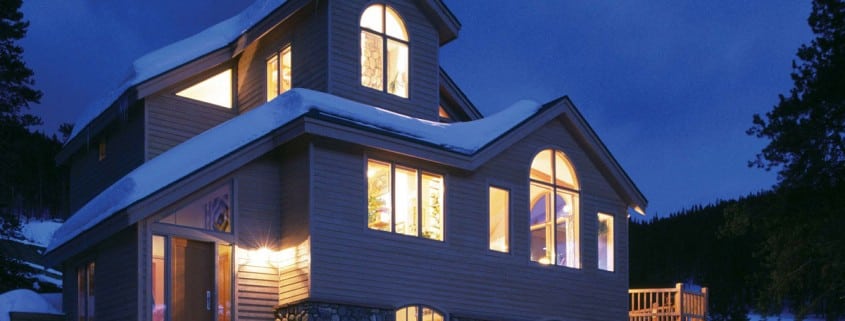Fight the winter chills
Another colder-than-normal winter is predicted for much of the country this year. Frigid temperatures can cause heating systems to work over time, and since heating and cooling can make up nearly half of your electric bill, you may experience sticker shock when you open that bill. Instead of waiting until after a potentially high bill is in your mailbox, be proactive. There are things you can do now to help ensure you are managing your energy use and spending less.
These simple steps can help you manage your use:
- Wrap exposed pipes and water heaters that are in unconditioned spaces.
- Make sure to change your air filter once a month.
- Keep drapes closed at night and keep those that don’t get direct sunlight closed during the day, too.
- Keep the fireplace damper closed when it is not in use. Keeping it open can bring cold air into the room.
- Caulk around the fireplace hearth, and caulk or weather strip around doors and windows.
- Monitor your electric use. If we’ve had a few days of frigid temperatures, see how you can try to save on days that are milder.
- Dress for the weather, even if you are inside. Wearing proper clothing like long sleeves and pants, or wrapping up in a cozy blanket will help combat the temptation of bumping up the thermostat.
So, when temperatures fall this winter and you hear your weatherman talking about bringing in pets and plants, take the steps above to help manage your use.
Using the tips above can certainly help you manage your energy use, but your bill may still be higher than normal in winter months. Why?
- The weather makes a big impact on electric bills, accounting for nearly half of your bill.
- Even those with the most efficient HVAC systems will see more use in extreme weather.
- When extreme cold temperatures hit, our heaters work overtime.
- For example, even if you set your thermostat to our recommended 68 degrees in the winter, when it is 19 degrees outside, your system has to work hard to make up that 49-degree difference.
- Your heater works harder and cycles on and off more often, making your use much higher. That means your bill will be much higher.
- Remember, there is value in comfort. For us to be comfortable in our homes, our heaters are going to work harder, but it may be worth the additional cost to you.
Additional tips:
- Call your local co-op to see what options might be right for you.
- Speak to one of our energy efficiency experts. They can help you understand how weather and your use patterns affect your bill.
April Lollar writes on consumer and cooperative affairs for the National Rural Electric Cooperative Association, the Arlington, Va.-based service organization for the nation’s 900-plus consumer-owned, not-for-profit electric cooperatives.



